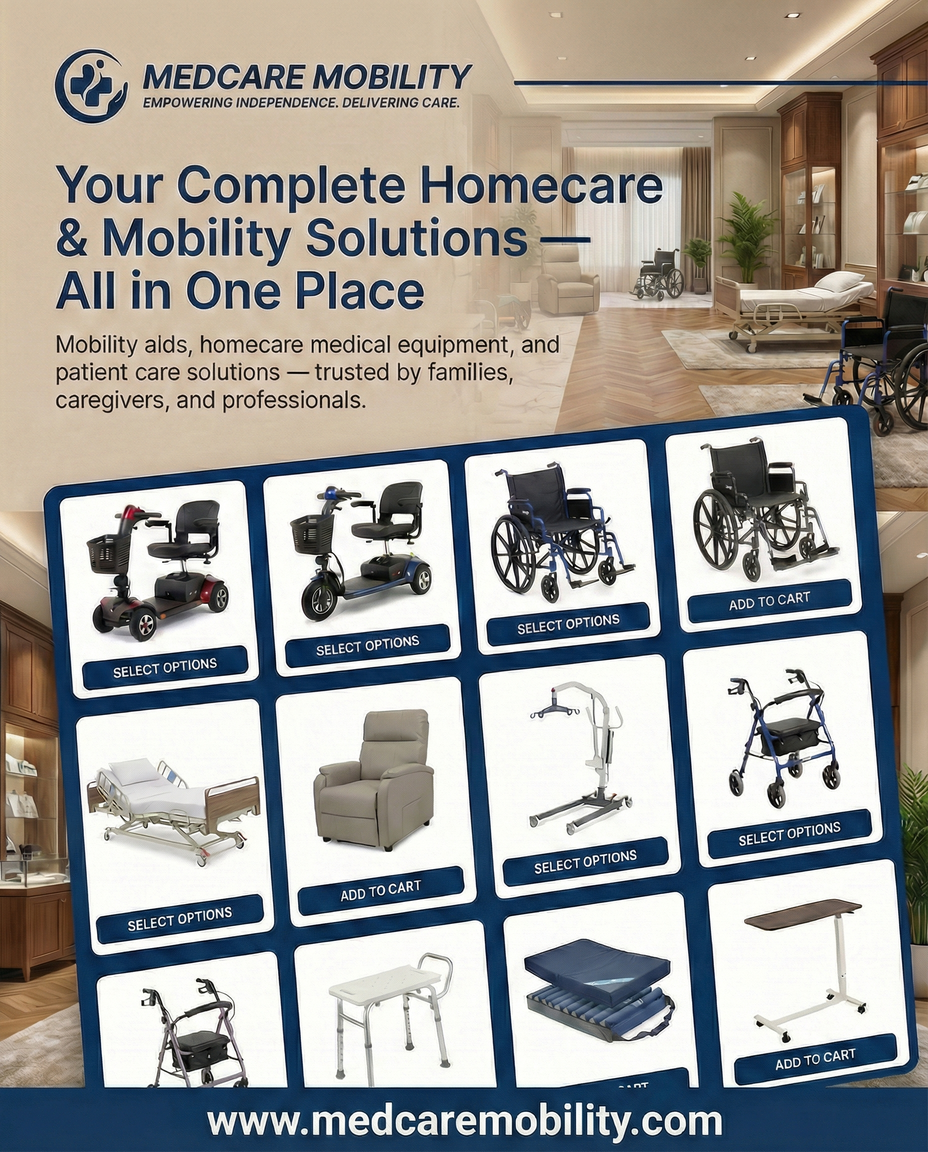Walking is one of the simplest and most accessible forms of exercise, yet its benefits extend far beyond just physical fitness. Regular walking offers a range of surprising health benefits that can positively impact various aspects of your life. Here’s a look at some of the lesser-known advantages of incorporating walking into your daily routine.
Enhanced Cognitive Function
Walking has been shown to improve cognitive function, including memory and executive function. A study published in Neurology in June 2024 found that participants who walked at least 30 minutes a day experienced significant improvements in cognitive performance and reduced risk of cognitive decline. The research suggests that the increased blood flow to the brain and the release of neurotrophic factors during walking contribute to these cognitive benefits.
Resource: Neurology – Walking and Cognitive Function
Improved Mood and Mental Health
Walking can be a powerful tool for managing stress and improving overall mental health. According to a 2024 study published in the Journal of Clinical Psychiatry, regular walking helps reduce symptoms of depression and anxiety. The study highlights that walking stimulates the release of endorphins and serotonin, which are known to enhance mood and emotional well-being.
Resource: Journal of Clinical Psychiatry – Walking and Mental Health
Boosted Immune System
Engaging in regular walking can strengthen the immune system, making you less susceptible to common illnesses. Research conducted by the American Journal of Preventive Medicine in March 2024 found that individuals who walked briskly for 30 minutes most days of the week had a lower incidence of respiratory infections compared to those who were less active. The study attributes this benefit to improved circulation and enhanced immune cell function.
Resource: American Journal of Preventive Medicine – Walking and Immunity
Enhanced Creativity and Problem-Solving Skills
Walking has been linked to increased creativity and enhanced problem-solving abilities. A 2024 study published in The Journal of Experimental Psychology found that participants who walked while brainstorming generated more creative ideas and solutions compared to those who sat during the same activity. The researchers attribute this to the increased blood flow to the brain and the reduction in cognitive fatigue during walking.
Resource: The Journal of Experimental Psychology – Walking and Creativity
Better Joint Health and Flexibility
Walking is gentle on the joints and can improve flexibility and overall joint health. A study published in Arthritis & Rheumatology in April 2024 showed that regular walking can reduce joint pain and stiffness in individuals with osteoarthritis. The study emphasized that walking helps maintain joint function and mobility without the high-impact stress associated with other forms of exercise.
Resource: Arthritis & Rheumatology – Walking and Joint Health
Improved Sleep Quality
Regular walking can contribute to better sleep quality. Research published in Sleep Medicine Reviews in May 2024 revealed that individuals who engaged in daily walking experienced improved sleep patterns and reduced insomnia. The study suggests that physical activity such as walking helps regulate the body’s internal clock and promotes deeper, more restorative sleep.
Resource: Sleep Medicine Reviews – Walking and Sleep Quality
Enhanced Social Connections
Walking can also serve as a social activity, enhancing social connections and reducing feelings of loneliness. A 2024 study in Social Science & Medicine found that group walking programs fostered social interaction and community engagement, leading to improved mental well-being and a sense of belonging among participants.
Resource: Social Science & Medicine – Walking and Social Connections
Conclusion
Walking offers a wealth of surprising benefits that go beyond basic physical fitness. From cognitive improvements and enhanced mood to stronger immune function and better joint health, incorporating regular walking into your routine can lead to significant health gains. As a low-impact, accessible exercise, walking presents a valuable opportunity to enhance overall well-being and quality of life.
4o mini

